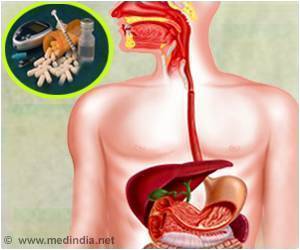Changes in the brain that make people prone to excessive drinking have been decoded by scientists.

‘Changes in the brain that make people prone to excessive drinking have been decoded by scientists. The discovery can lead to novel drug therapies to treat alcoholism.
’





The researchers analysed post-mortem brain tissue from alcoholic people and non-alcoholic controls. Alcoholics were divided into two groups - Type 1 and Type 2 alcoholics.
Type 1 alcoholics develop alcohol dependence relatively late in life and are prone to anxiety.
Type 2 alcoholics, on the other hand, develop alcohol dependence at a young age and they are characterised by anti-social behaviour and impulsiveness.
"From the viewpoint of the study, this division was made in order to highlight the wide spectrum of people suffering from alcohol dependence," said lead researcher Olli Karkkainen.
Advertisement
Dehydroepiandrosterone is a steroid hormone that affects the central nervous system.
Advertisement
"Moreover, all alcoholics showed decreased levels of serotonin hormone associated with recognition of feelings and social cognitive processes.
The finding could be related to social anxiety type behaviour seen in alcohol-dependent individuals.
The findings were published in the journal Alcohol and Alcoholism, Psychiatry Research: Neuroimaging, and Alcohol.
Source-IANS










